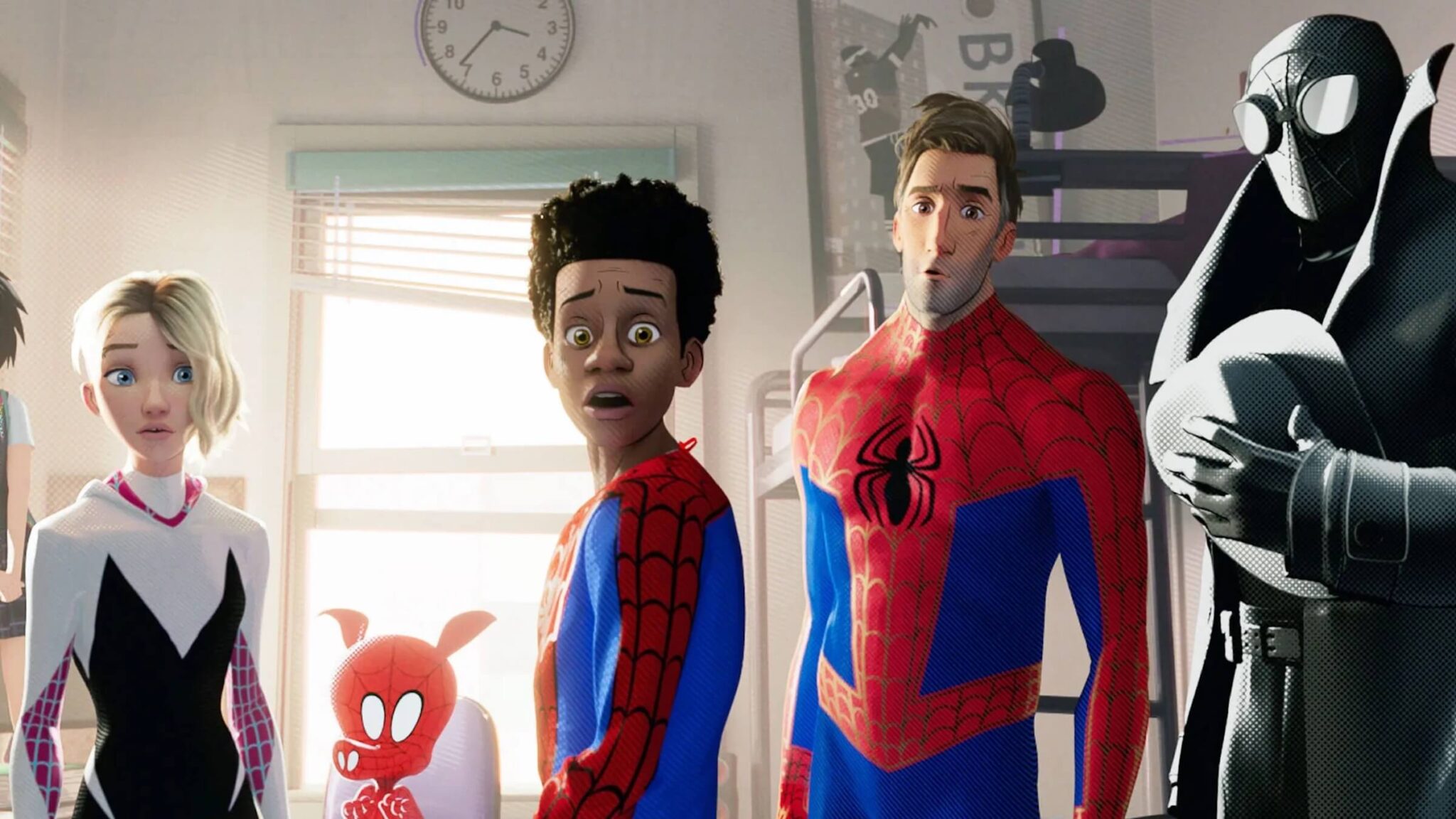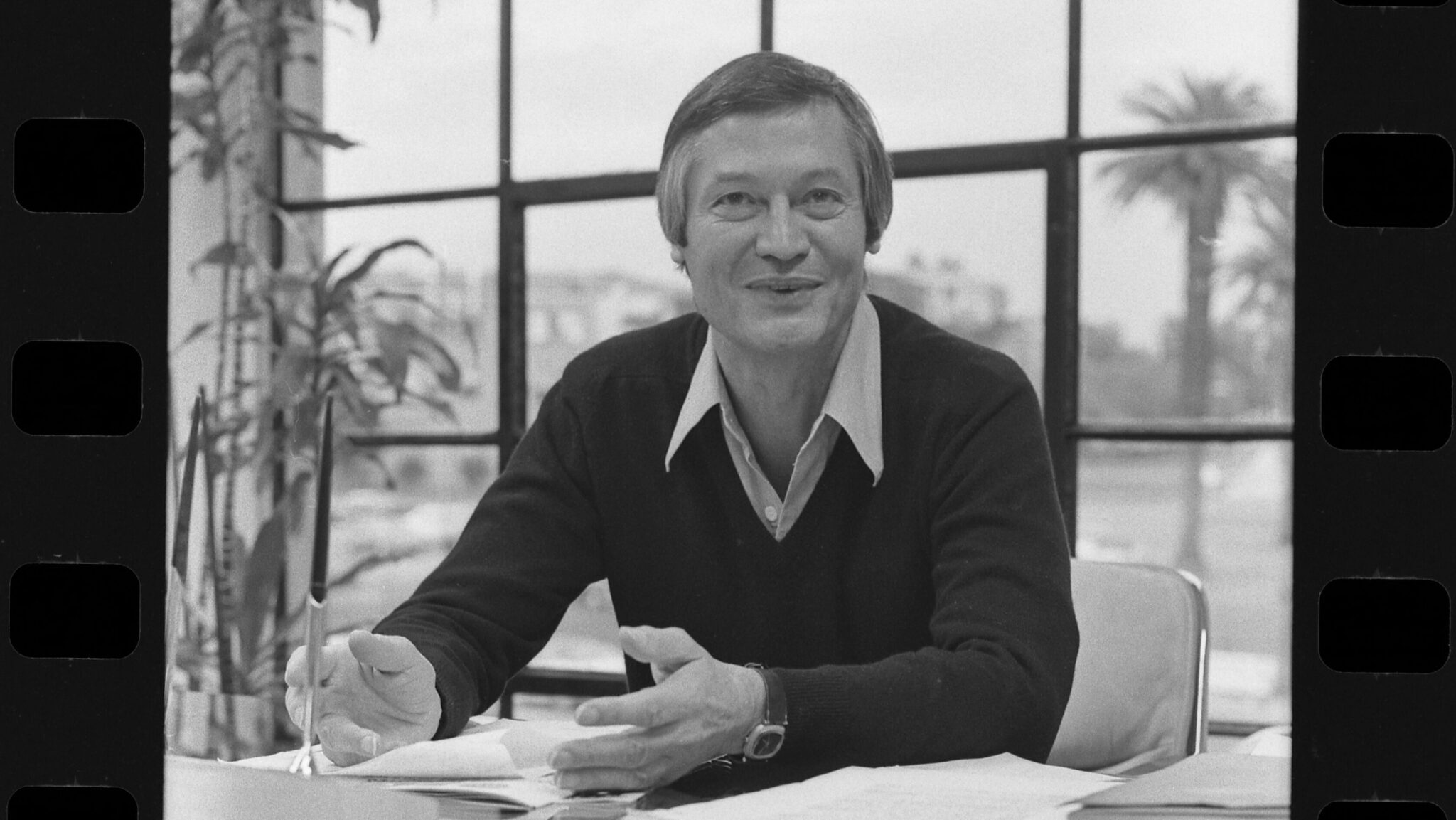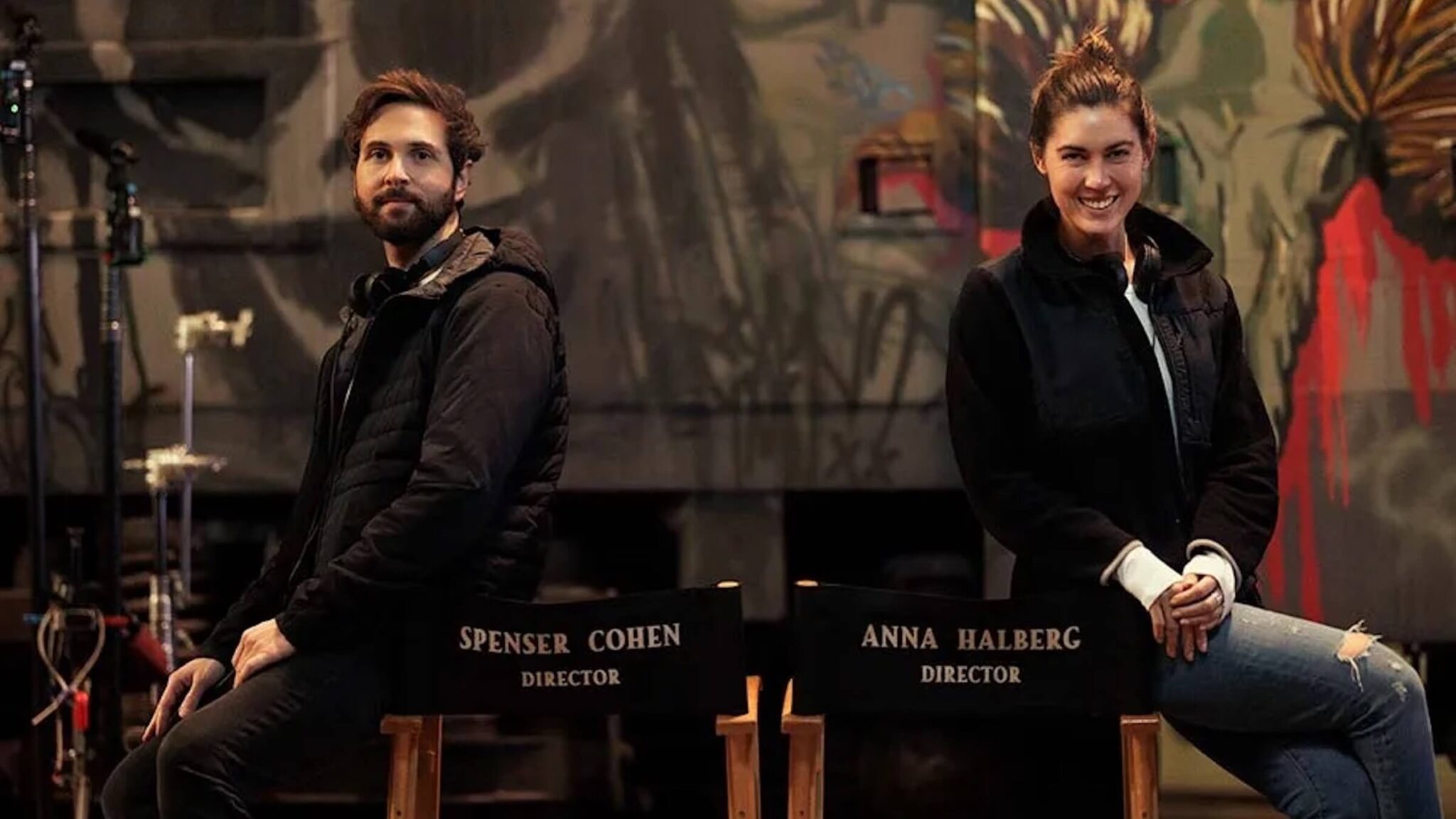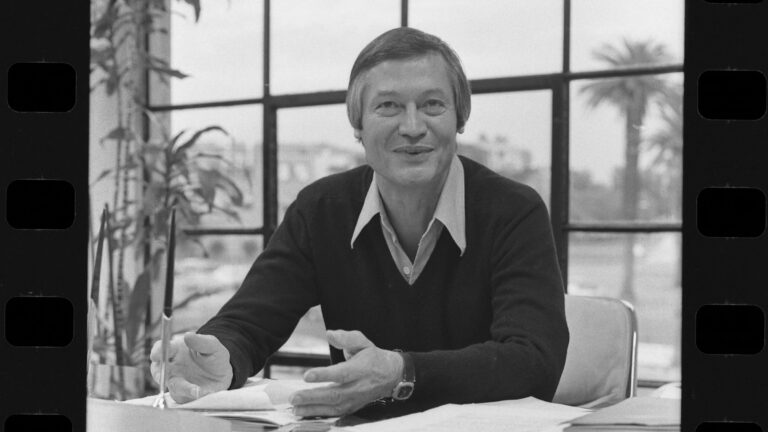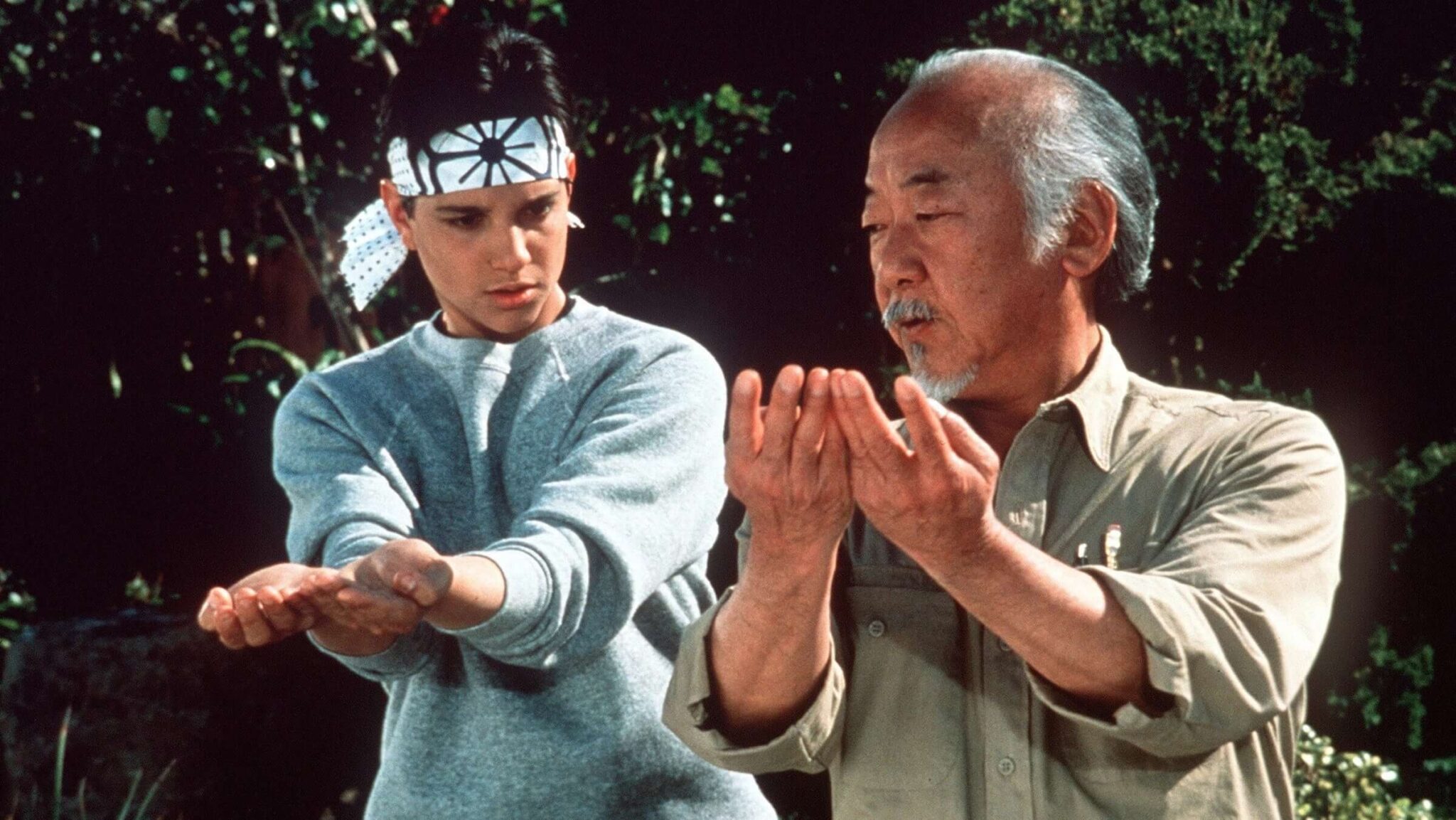10 Things You Learn After You Become a Professional Screenwriter

The screenwriting journey is full of lessons learned.
When you begin this journey, you must first learn the art and craft of screenwriting, a journey that often takes several years of practice before you land a manager or sell a screenplay.
When you get a grasp of the ins and outs of great screenplays, now it's time to learn how to choose your own projects wisely.
When you've written a stack of scripts that are ready to be shown to others, now it's time to learn your way around marketing and networking.
All of these lessons are learned the hard way. Every screenwriter will pay their dues - but those who make in through repeated rejection are the ones to make it to the league of professional working writers.
One of the biggest misconceptions of screenwriting is that once you get that first assignment or sell that first script to become a true professional screenwriter, you've learned everything you need to know to succeed. Nothing could be further from the truth.
Here are ten truths you learn after you've become a paid screenwriter. We hope these lessons can give all screenwriters early insight into the life of a professional screenwriter and prepare you for the journey beyond that first paid gig.
1. It's Damn Hard to Get Something Produced
It's a fantastic accomplishment to reach the level of being a paid screenwriter, whether it's for a writing assignment or acquisition of one of your scripts.
By all means, you should be celebrating because you've achieved more success than most that attempt this career ever will. But it's not downhill from there.
It doesn't matter how much buzz you have going within the film or television industry about your writer. You can make the coveted industry Black List. You can see your name in the trades. But actually getting a project into production is one of the most difficult accomplishments in Hollywood.
It's not just about the script. It's about financing, marketing, and packaging. Many stars have to align before your script is even mentioned in the same whisper of any studio or production company production schedule.
Lesson Learned? Go into every deal with leveled expectations.
2. It's All About the Packaging
No screenplay can be produced without a director, name talent, and financing — and those three elements are usually part of a symbiotic dependency.
The director attached is usually what leads the visualization of the film. Every project needs a hot take. While it's great to have an excellent and highly praised script, it's an imperative necessity to have a talented director at the helm because they will be the driving force of the production.
A produced screenplay is only as good as its director — the captain of the ship. In television, it's the showrunner that leads the charge.
The talent attached to star in the film directly affects the financing. Movies and pilots cost money to shoot. And those considering funding the project — studios, networks, and financiers — are risk-averse and need to know that they'll be butts in seats or people tuning in. And the one way to ensure that is to have a movie or television star attached.
You'd be surprised who passes for a name talent for some production. They may be B, C, or D-list names to most, but when it comes to packaging a feature or pilot, any notable name means a better return on investment. Remember that then-forgotten actors like Ian Ziering and Tara Reid created a Sharknado franchise.
When you have a great director or showrunner attached, your project has found your captain. When you have a name actor attached, the project is likely to find its financing. And when the financing is set, the project is (usually) a go.
Lesson Learned? It's not a go until the whole package is assembled — so be patient.
3. Always Be Ready for a Project to Die
A director with a great resume loves your script and has agreed to direct it. A name actor you know and (hopefully) respect has signed on to star. The financing has been locked.
You've finally made it to the big leagues. Your script is going to be produced. Until...
There's a problem with the scheduling. The actor's current production is behind schedule. They need another four weeks to finish reshoots on location in Spain.
But that's just four weeks, right?
Well, the director is slated to helm another film after this one. Since she is the lead creative visionary, she needs to be there for pre-production and can't afford to miss it. But with the actor being delayed, there's no way she can juggle both projects at the same time. She has to opt-out.
But the financing is still there, right?
Well, the studio isn't liking any additional directing candidates. Every other director brought in has had an entirely different take on the film. One of them insists that they need an additional $50 million added to the budget. The former director attached was known for her tight schedules and contained storytelling abilities. But this new director needs more time and more dynamic special effects.
Lesson Learned? As a professional screenwriter, you need to manage your expectations and prepare yourself for some heartbreak. Hope for the best, but prepare for the worst.
4. If You Can't Collaborate, You Can't Work in this Industry
You've read the stories of Hollywood's personality screenwriters.
Joe Eszterhas (Flashdance, Jagged Edge, Basic Instinct) called his own shots and wouldn't take s*** from anybody. And he made millions doing so.
Charlie Kaufman (Being John Malkovich, Eternal Sunshine of the Spotless Mind, Adaptation) bucked the norm, swam upstream, and challenged the rules of screenwriting by writing screenplays that went into the mind of an iconic actor, took place primarily within the minds of the lead characters, and wrote the writer writing the story into the screenplay of an adaptation about a florist and the reporter who tracks him down to write a story about him.
These two professional screenwriters — and many others — have reputations that up-and-coming screenwriters look upon as the ideal situation. You get to do your own thing, and Hollywood pays you well.
Well, those stories are not only anomalies, but they are also very misleading.
Most screenwriters have to earn that respect. And even when that respect is earned, it's not as ideal as the stories would imply.
You need to master the art of being a great collaborator. Why? Because film and television are collaborative mediums. A great script can only go so far. It has to be financed by those willing to gamble on it. It has to be packaged and produced by a passionate producer. It has to be shepherded by a hard-working director. And it has to be brought to life by a talented cast. Oh, and don't forget about the crew of hundreds.
Since we know how difficult it is to get a film or pilot produced, you need to understand that your collaboration skills are going to be pushed to their limits. You're going to have to make some tough cuts and some painful additions. You're going to have to deal with studio notes that you likely won't agree with — all while understanding that you can be replaced at any time.
Lesson Learned? Be humble and be open to new and different ideas.
5. Screenwriting Deals Aren't Lotteries Won
Hollywood doesn't pay out like they used to. The days of seven-figure checks written out without hesitation are over. Sure, six figures are nothing to scoff at, but once the taxes are taken out, and the percentages to your representation are shared, those dollar signs diminish quickly.
"I just need that first paid gig, and everything will be fine."
No. You need lots of paid gigs to maintain your status as a professional screenwriter. So you have to keep working, grinding, and networking. And if you didn't learn from Lesson #4 (be a great collaborator), those additional jobs aren't going to come.
And remember, you're not given a single big number check after you sign on the dotted line. The studio or financier will break the payment into a few checks. The first will be the upfront check for the purchase or assignment — which equates to the first draft.
Then, after you receive notes, you'll dive into the second draft and get paid another fourth of the overall contract dollar amount. If they like what they see, you'll be retained for another draft. But if they don't, they have every right not to pay out the rest of the contract and bring in someone else.
Lesson Learned? You're not on easy street when you sign a contract for an assignment or acquisition. Be responsible and know how the payout will fall after taxes, commissions, and possible contract shakeups. And appreciate every single paycheck you get.
6. Don't Focus on One Big Break or Brilliant Concept
Too many screenwriters feel that they're a single big break or brilliant concept away from their dreams.
One script isn't going to make or break your career. You need to focus on creating a body of work that you can turn to at the drop of a dime in any professional conversation you have. And to attain that body of work, you need to have an excellent development and writing process.
You need to always be developing and writing screenplays. The days of putting all of your eggs in one basket with your latest script need to be over.
One script may be hot one month and dead in the water a month later because something similar came out and either succeeded or bombed.
If you don't have anything else in your stack, you're going to have to take the time to write more. And that is going to take some time — time you may not have because after being off of the shopping market (meetings) for a few months, you may just have missed your window.
Lesson Learned? It's all about creating a process that allows you to create an ongoing and ever-growing body of work that you can always turn to.
7. The Days of Endless Rewriting Are Over
Ah, the life of an amateur screenwriter — where you can take as long as you need to finish a screenplay. Six months? No problem. A year? I'm my own boss.
When you are a professional screenwriter, your life changes pretty quick. Gone are the days of writing when you're inspired. No. You need first act pages out to your development executive pronto. If you're lucky and you've found yourself working with an executive or producer that lets you do your thing until you finish that first draft, well, you've got maybe two and a half months to get 'er done.
The average screenwriting contract will give you anywhere from 8-12 weeks to finish that first draft. If you're dealing with smaller production companies that have pre-sold the concept worldwide for distribution, you may only have a few weeks to finish that first draft.
Hollywood may be slow pace in the development and packaging phase, but once you've been hired to write, it's showtime. And you have to prove your worth after you jump into the fire.
Lesson Learned? Train yourself to write under professional deadlines. Taking six months or more to finish a screenplay isn't going to do you any favors in the long run.
Read ScreenCraft's Are You Truly Prepared for Success as a Screenwriter?
8. Screenwriting Education Doesn't Stop When Paychecks Start Coming In
The notion of "I've finally made it..." is false. There's always another hurdle to overcome — even after you've realized the dream of getting paid to write a screenplay.
When you first start, your goal is to sell a screenplay. Then you realize that selling a spec script is tough business. Especially when out of thousands of screenwriting contracts signed each year, only maybe seventy-five (give or take a dozen) are spec script sales. The rest are writing assignments.
So you "settle" for a paid writing assignment. You get your first check. It's a thrill — and by all means, celebrate. So you've finally made it, right? No.
Now it's about getting the next job.
Then it's about getting something produced.
Then it's about getting something better produced.
And so on...
To maintain a career, you need to be always learning. You'll always be a student to screenwriting. Aaron Sorkin and Charlie Kaufman are still students of screenwriting, primarily because each project comes with its hurdles.
Lesson Learned? Never become complacent — thinking that you've learned everything it is that you need to know. The education never ends.
9. Relationships = Future Employment
This ties into being an excellent collaborator, yes. But it goes beyond. When you're a professional screenwriter, you realize how many jobs come not from submissions, but from relationships.
Who you know won't guarantee you any writing gigs, but it will ensure that you're at least part of the conversation.
Because collaboration can be very difficult for some, it's tempting for such screenwriters to challenge relationships that have been made or dismiss them outright once a project is completed.
Sure, if the relationship is toxic, you don't want to revisit it. But if the relationship was affected by the inescapable tensions of any given project, you need to learn how to build and maintain industry relationships.
Lesson Learned? Be nice. Be professional. Be thankful for the opportunities that have been given to you.
10. Find the Fun, Retain the Passion
As a professional screenwriter, you're mostly working on projects that you haven't created. But just because you aren't the natural father or mother doesn't mean you can't love and nurture the "child" as your own.
The true sign of a great pro screenwriter is to find the fun and passion in any assignment.
Ken Miyamoto has worked in the film industry for nearly two decades, most notably as a studio liaison for Sony Studios and then as a script reader and story analyst for Sony Pictures.
He has many studio meetings under his belt as a produced screenwriter, meeting with the likes of Sony, Dreamworks, Universal, Disney, Warner Brothers, as well as many production and management companies. He has had a previous development deal with Lionsgate, as well as multiple writing assignments, including the produced miniseries Blackout, starring Anne Heche, Sean Patrick Flanery, Billy Zane, James Brolin, Haylie Duff, Brian Bloom, Eric La Salle, and Bruce Boxleitner, and the feature thriller Hunter's Creed starring Duane "Dog the Bounty Hunter" Chapman, Wesley Truman Daniel, Mickey O'Sullivan, John Victor Allen, and James Errico. Follow Ken on Twitter @KenMovies
For all the latest ScreenCraft news and updates, follow us on Twitter, Facebook, and Instagram.
Tags
Get Our Screenwriting Newsletter!
Get weekly writing inspiration delivered to your inbox - including industry news, popular articles, and more!
















